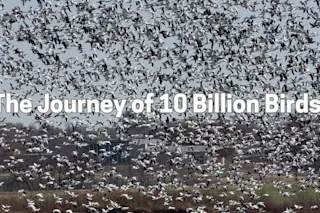As someone who tracks environmental discourse in real time, I find it valuable to step back on occasion and look at how public attitudes are shaped. For that, I depend on the work of scholars. One book from 2008 that I've only just read explores how several major contemporary environmental themes have been expressed culturally, such as in literature and movies. It's called Sense of Place and Sense of Planet, by Ursula Heise, a UCLA English professor. (I had the pleasure of meeting and talking with Heise several months ago.) In her text, Heise analyzes two conflicting impulses in environmentalism, which are famously summarized in the "think globally, act locally" slogan. This is a tension that environmentalists haven't come to grips with yet, especially when we consider the scale of today's environmental challenges. Averting catastrophic climate change and meeting the energy and food needs of 7 billion people will not ...
Is Localism a Retro Fad or a Blueprint for Sustainability?
Explore climate change solutions through Bill McKibben's journey from activist to intellectual, addressing local vs. global challenges.
More on Discover
Stay Curious
SubscribeTo The Magazine
Save up to 40% off the cover price when you subscribe to Discover magazine.
Subscribe












